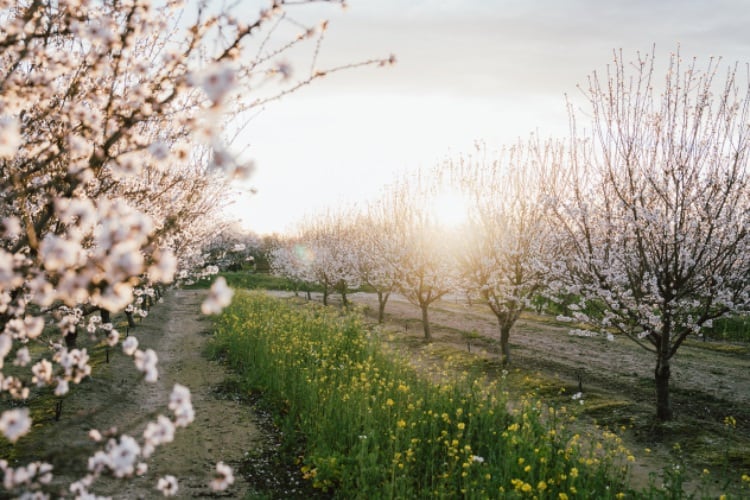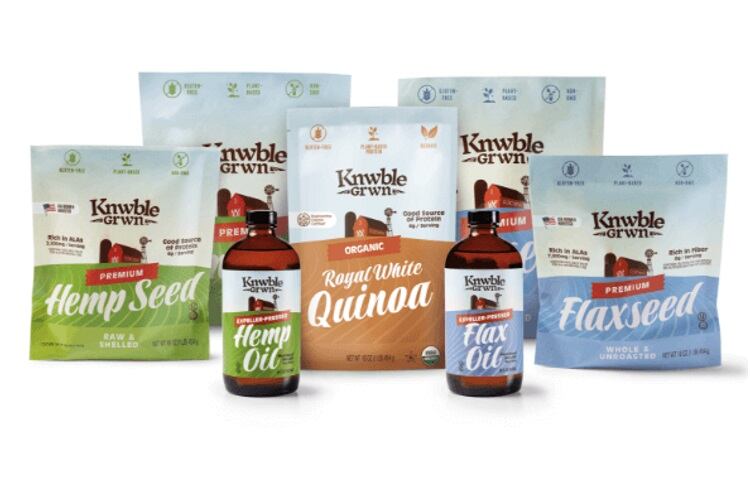A collaboration with American Farmland Trust’s Women for the Land programme will provide funding for underserved farming communities, while a multi-year relationship with Rodale Institute will offer more direct farmer-to-farmer mentorship opportunities and track improvements in soil health.
General Mills has also launched Grow for Good to support regenerative farming with a $5 donation on behalf of each consumer who tracks purchases through the Fetch rewards app throughout April.
As part of its commitment to advance regenerative agriculture across its key regions in California and the Northern Great Plains, the company has initiated consumer-facing efforts that will support farmers while protecting the planet.
“As a global food company rooted in agriculture, we’re dependent on natural resources, like organic wheat for our Annie’s macaroni & cheese and almonds for our Lärabar products, among others,” said Jon Nudi, group president, North America Retail, General Mills.
“We’re focused on regenerating our planet and protecting the food supply for future generations. By partnering with organisations like Rodale Institute and American Farmland Trust, General Mills and its brands further our commitment to regenerative farming and standing for good.”
Women almond famers
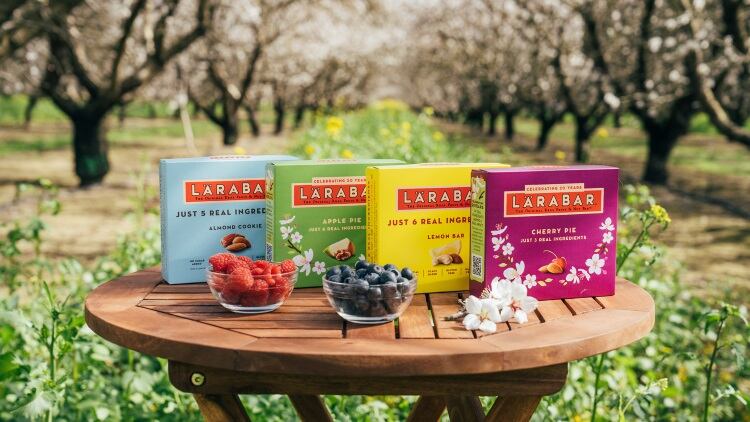
To honour Lärabar’s 20th anniversary, the brand is partnering with American Farmland Trust’s Women for the Land programme to deliver grants to women-owned or operated farms in California’s San Joaquin Valley to transition to regenerative agriculture techniques.
General Mills sources 100% of its almonds from California, a state facing extreme water stress. By advancing regenerative agriculture, Lärabar hopes to improve both soil health and water outcomes in this key sourcing area.
The one-year $80,000 commitment will fund educational programming and on-farm technical assistance through diverse peer-to-peer outreach and educational approaches.
This will enable American Farmland Trust to continue providing equitable access to programming and support of historically-underserved farming communities, improving the economic viability and climate resilience of local women-run and owned farms.
Select Lärabar packaging will feature a QR code that shoppers can scan to access an immersive website experience to explore the ins-and-outs of regenerative almond farming.
“The Women for the Land programme is proud to partner with Lärabar on our inaugural programme,” said Gabrielle Roesch-McNally, American Farmland Trust’s Women for the Land director.
“Through grants and technical assistance, this programme will specifically reach small-scale women farmers who do not always have the same opportunities to access traditional conservation incentive dollars, which can help fill critical gaps in the regenerative agriculture adoption system.”
Organic wheat, oats and tomato farmers
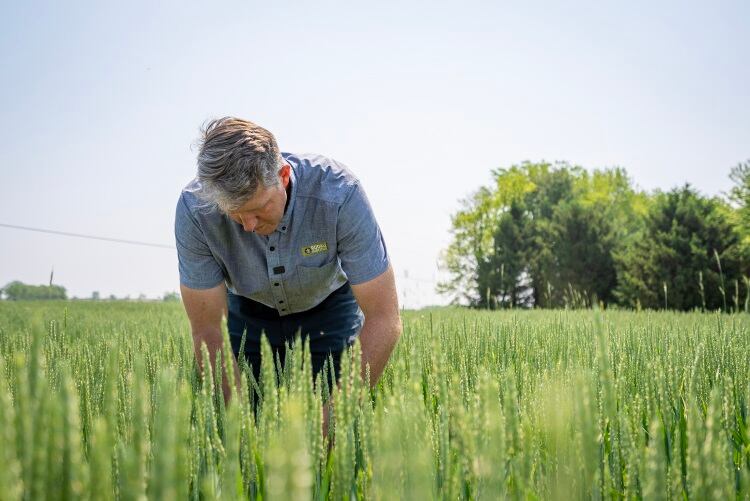
General Mills has established a multi-year partnership with Rodale Institute to provide organic farmers in the company’s supply chain with practical, on-the-ground technical assistance from Rodale’s organic consultants.
General Mills will implement monitoring practices to track improvements in soil health on participating farms and develop a forum for farmer-to-farmer mentorship focused on Northern Great Plains and California – key regions where it sources its organic wheat, oat and tomatoes for brands like Annie’s, Cascadian Farm and Muir Glen.
“We commend General Mills for its leadership in advancing regenerative organic agriculture,” said Jeff Tkach, chief impact officer at Rodale Institute.
“This collaboration signals their commitment to regenerate farming landscapes and champion American organic farmers, while meeting growing consumer demand for organic food.”
Consumers can give back
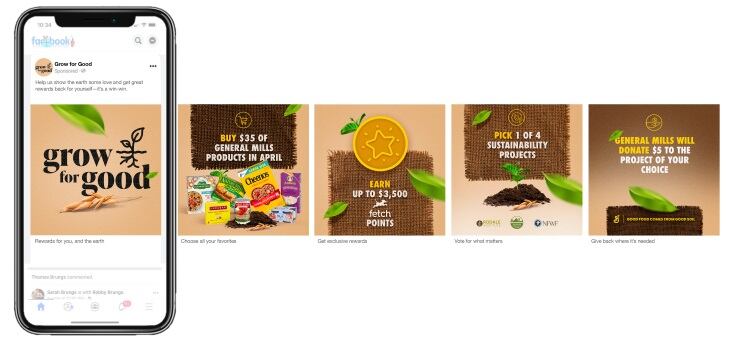
During April, consumers are invited to learn about and support the regenerative agriculture farmer-led movement while using their Fetch rewards app to purchase General Mills brands, including Cheerios, Annie’s, Cascadian Farm, Cheerios, Lärabar, and Nature Valley.
Shoppers who buy a minimum of $35 of products throughout the month can scan their receipts through the app to earn 3,500 Fetch Points. In return, General Mills will donate $5 to one of four regenerative projects of their choice, namely the American Farmland Trust (AFT), the Rodale Institute or the Great Lakes or Kansas/Oklahoma chapters of the National Fish & Wildlife Foundation (NFWF).
Launched in 1980, the AFT was a pioneer of the conservation agriculture movement and continues to raise public awareness through its No Farms, No Food message. Since founding, it has helped advance environmentally-sound farming practices on a half million additional acres and supported thousands of farm families.
Rodale is a 501(c)(3) nonprofit dedicated to growing regenerative organic agriculture through rigorous research, farmer training and education. Over its 75-year history, it has proven that organic farming is not only viable but essential to humanity’s survival.
The NFWF is dedicated to sustaining, restoring and enhancing the fish, wildlife, plants and habitats for current and future generations living in the US. This is done through partnerships forged between leading US corporations and the federal agencies, nonprofits and individuals who drive conservation efforts across the country. NFWF Great Lakes supports farmers implementing regenerative agricultural practices on conventional and organic dairies in Great Lakes states, while in Kansas and Oklahoma, NFWF works to accelerate the adoption of regenerative agriculture to improve soil heath in local ecosystem.


